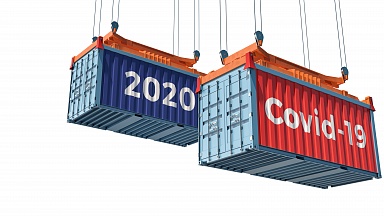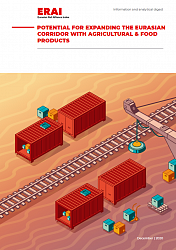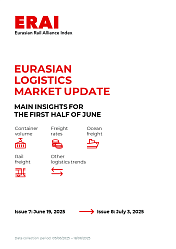«We will definitely need to improve cross-border interoperability. We need to have a single loading gauge, we need to enable longer trains, at least at a length of 740 metres, and we need to have an axle load of 22.5 tonnes», Libor Lochman, Executive Director of the Community of European Railway and Infrastructure Companies (CER), specified in his presentation at the RailTech Infra Forum 2020 on Wednesday, 16 June. According to him, the rail sector is crucial for the Green Deal as it is gradually reducing its own emissions by introducing innovative types of rolling stock, such as battery or hydrogen trains as well as other solutions.
Between competition and cooperation
In addition, railways are assisting this EU environmentally-friendly policy by removing more and more freight from the congested roads. That is why combined transport is on top of CER’s agenda. Moreover, the EU authorities and the Member States should work together on improving connectivity between railways and roads.
However, the latter is unreal without level-playing field. Therefore, Lochman as the Executive Director of the association that represents the majority of the European rail sector has appealed once more to review the Eurovignette Directive and to introduce polluter-pays and user-pays principles, not only for railways but for road transport too.





